by Meryl Medel
You might not realize it, but you’re actually producing much more food waste than you might think. Some of you might even be asking, what even is food waste? It’s essentially food that is not eaten and is just thrown away. And the more food we waste, the more we buy, which may then lead to more greenhouse gas emissions. Throwing away food unnecessarily can also lead to pollution and other similar environmental issues.
Individuals like you and me don’t produce as much waste as big corporations, but we do still produce waste. But if a lot more individuals do practice food waste reduction, then it could all add up to quite a significant number. So if you can, learn how you can reduce food waste at home. It’s good for the environment and your wallet!
Shop smart
Sure, it’s a comforting feeling to have a full stock of food in your pantry and fridge. But if you don’t actually get to finish all of that foods and they just expire, you’re just making a lot of food waste. So make sure you avoid overbuying and shop smartly and efficiently. Take note of what’s in your pantry and fridge before you go grocery shopping so you know exactly what you have and what you need before you pay for everything in your cart.
Be creative in the kitchen
In contrast to getting take-out and food delivery, cooking at home allows you more leeway regarding what you use in your dishes. You can repurpose what’s usually considered scraps like stems, stalks, and vegetable ends to add a new twist to a dish.
The ends of garlic and onions add a new flavor to your dips, sauces, and soup stocks. Turn your stale bread into breadcrumbs for frying and even toppings for soups and salads. Make chips out of your potato skins. There’s a whole lot more depending on what you have. You can even rework your leftovers and turn them into a new dish — you just need to do a quick Google search to see what you can do.
Practice meal-planning
A weekly menu would help you know in advance what you’ll need for the week ahead and what kind of leftovers you might be left with after each meal. You can spend a day in the weekend with the whole family shopping for groceries and prepping and cooking meals for the week ahead. This way, you would be able to maximize the use of your ingredients, like turning your vegetable scraps into a juice or smoothie.
Upgrade your water
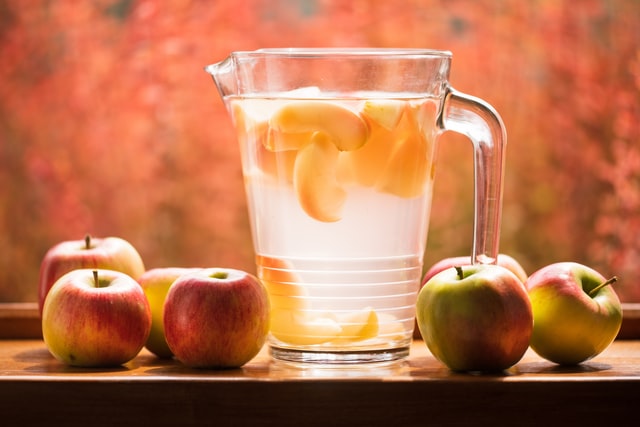
If you don’t have a blender or a juice, you can always fall back on good ol’ water. You just need to add your extra leftovers into your pitcher of water. Things like citrus skin, cucumber ends, berry tops, and even some vegetable leftovers would turn water instantly tastier. This would also help increase the water intake of people who don’t like the lack of flavor in water, since the addition of ingredients like citrus peels give it a refreshing taste.
Freeze and preserve
Make your freezer your new best friend, because freezing food is one of the easiest ways to preserve your meals and ingredients. You can extend the shelf life of your fruits and vegetables if you keep them frozen. For extra herbs or spices, you can mix them with olive oil and freeze them in ice cube trays for future sauteed dishes.
Make homemade broth
If you’re the type who loves a warm soup, you can make sure you always have all sorts of soup stock on hand. Simply boil your excess vegetables (yes, even those stalks and ends!) to make a veggie stock. Boil chicken bones and skin to get a chicken broth. Freeze them for a longer shelf life!
Use it for skincare
This might sound weird at first, but when you think about it more, it actually makes a lot of sense. You can turn some of your extra food into a scrub or a mask for a self-care day. For example, you can use cucumber to reduce puffiness and pamper your eyes. Avocado is also full of healthy fats, antioxidants and vitamin E, which is great as a natural face mask.
Compost food scraps
If you really can’t think of any other way to recook or reuse your food leftovers, you can go straight to composting, or mixing different ingredients to fertilize and improve soil. It’s one of the easiest and quickest ways to make your food waste instantly environment-friendly. You can use leftovers like fruit peels, vegetable scraps, coffee grounds, and even shredded paper bags to create compost. Just make sure to leave out any meat, dairy, and fish scraps. Even if you don’t have an outdoor garden, you can use it for indoor plants — perfect for plantitas and plantitos!
What other ways do you know to reduce food waste? Share them with us!
Follow us on Facebook, Instagram, Tiktok, and Youtube for foodie finds, re-imagined recipes, and easy eats that will take Pinoy bellies on an adventure!
This article was republished with permission from 8List.ph. Minor edits have been made for Bitesized.ph.

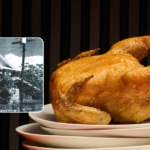
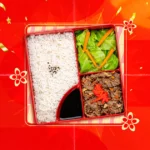

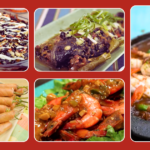
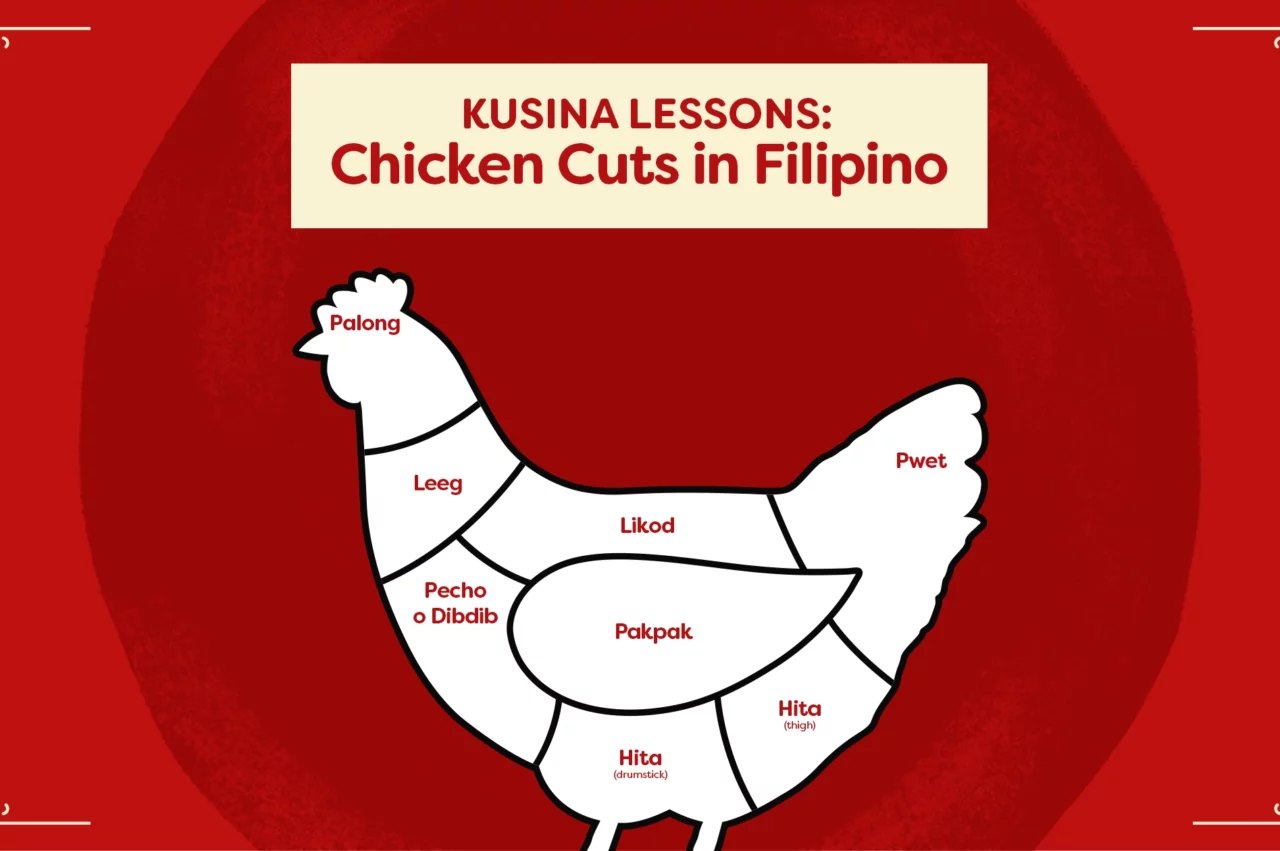
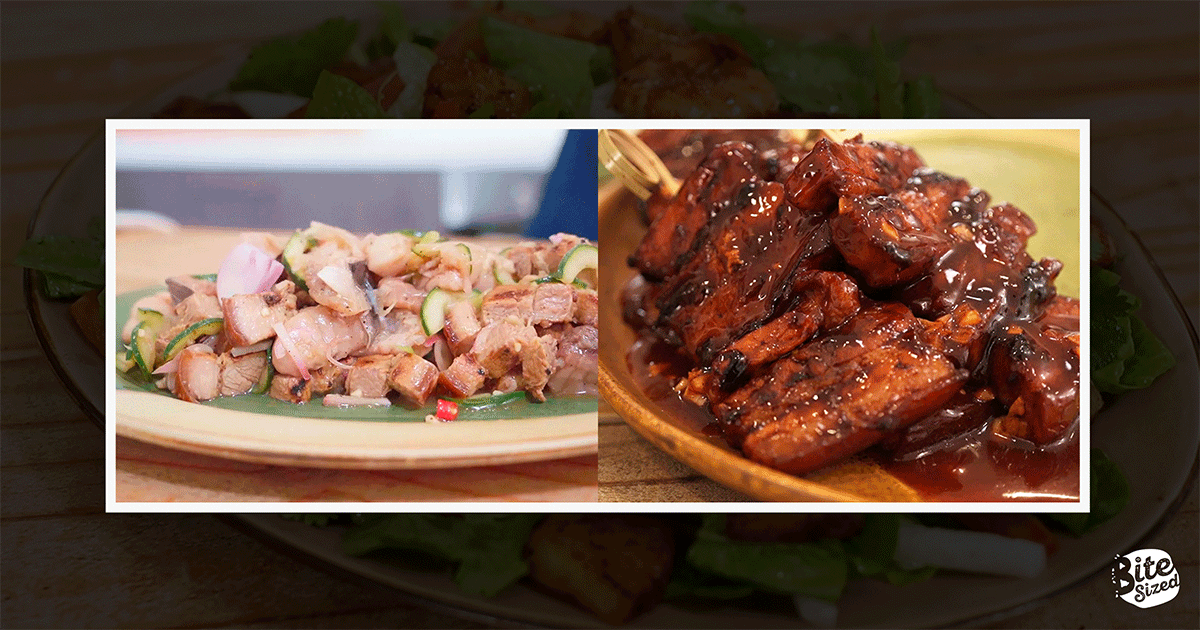
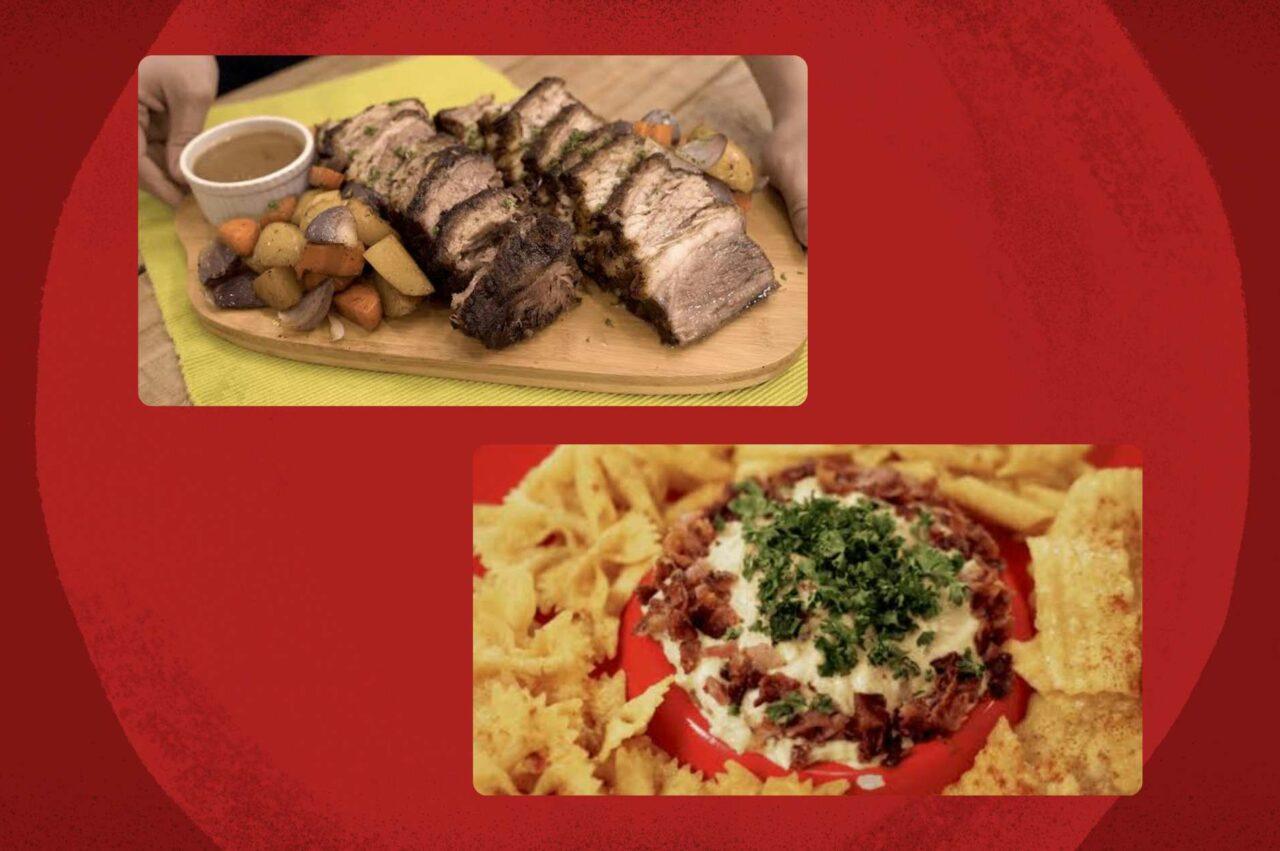
Leave a Reply